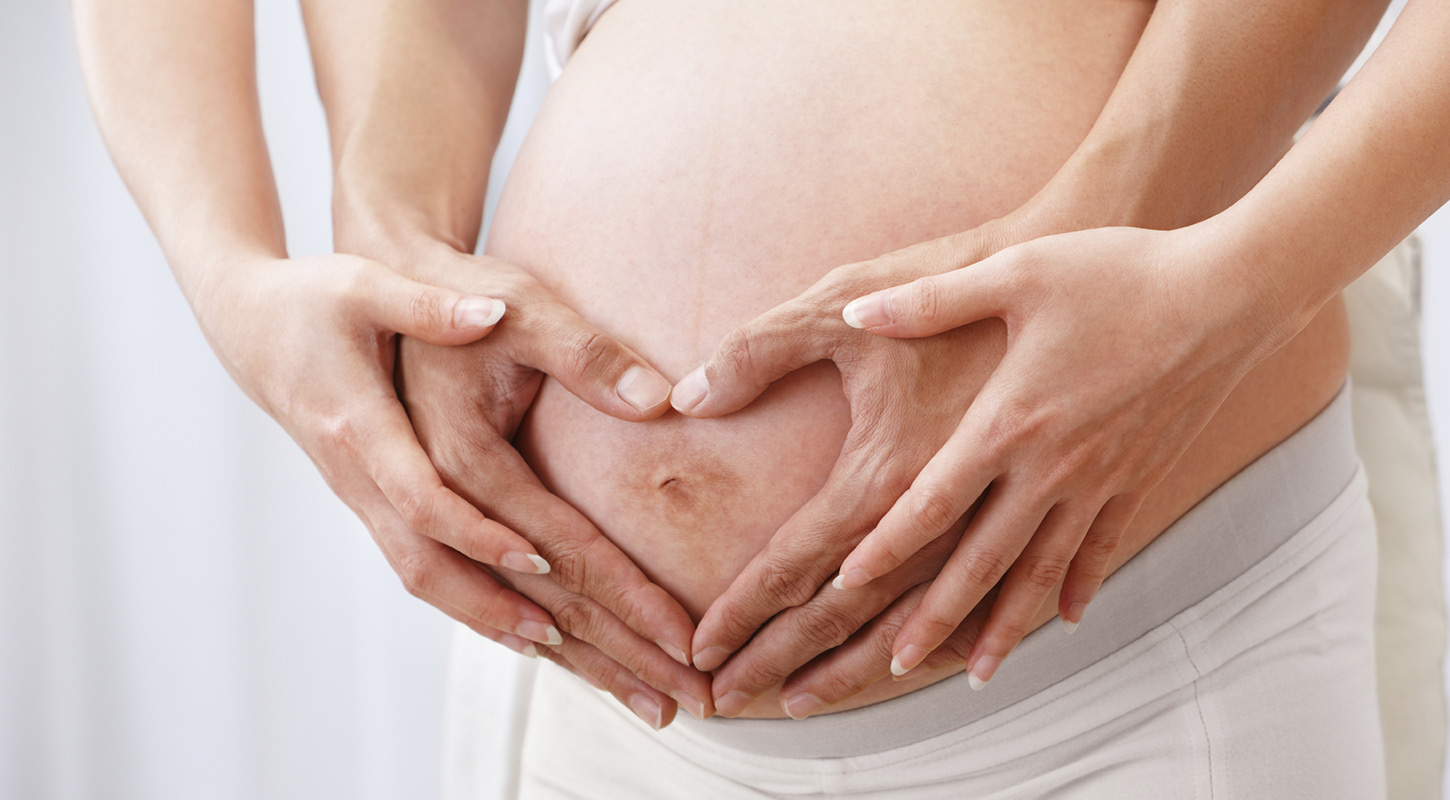Three Ways to Cope with a High-Risk Pregnancy

Many women experience a high-risk pregnancy, but that does not make the emotional toll any less difficult. This diagnosis can pose challenges before, after, and during delivery. It is important to understand what causes it and what you can do to make sure you and your baby are well taken care of so you can cope appropriately.
A high-risk pregnancy can be the result of a medical condition that you already have before getting pregnant, but it can also be an issue that develops for the mother or baby during the pregnancy. Factors that increase your chances of having a high-risk pregnancy include:
- Being over the age of 35
- Smoking cigarettes, drinking alcohol, and using drugs
- A previous C-section, low birth weight baby, or premature birth
- Genetic conditions
- A history of pregnancy loss or death of the baby shortly after birth
- Diabetes, high blood pressure, epilepsy, blood conditions, and other chronic medical issues
- Problems with the uterus, placenta, or cervix
- Restricted fetal growth, abnormal levels of amniotic fluid, or rhesus sensitization
- Being pregnant with multiples
Women who have a high-risk pregnancy often find themselves feeling overwhelmed, afraid, or anxious. These negative emotions can hurt your health and the health of your baby, so it is important to cope with the stress appropriately. Some ways you can find calm in the chaos include:
- Reaching out to family and asking for support
- Sharing feelings with your partner and openly discussing how you both feel
- Educating yourself on the specific diagnosis and speaking with your doctor about what it means
- Relaxation exercises like meditation and prenatal massage
- Finding a support group or therapist in your area that can advise you on coping techniques
Remember that regardless of the bumps in the road, your pregnancy will lead to a beautiful baby that will enhance your life in more ways than you can imagine. Try to stay positive and reach out to your doctor for any additional assistance.
